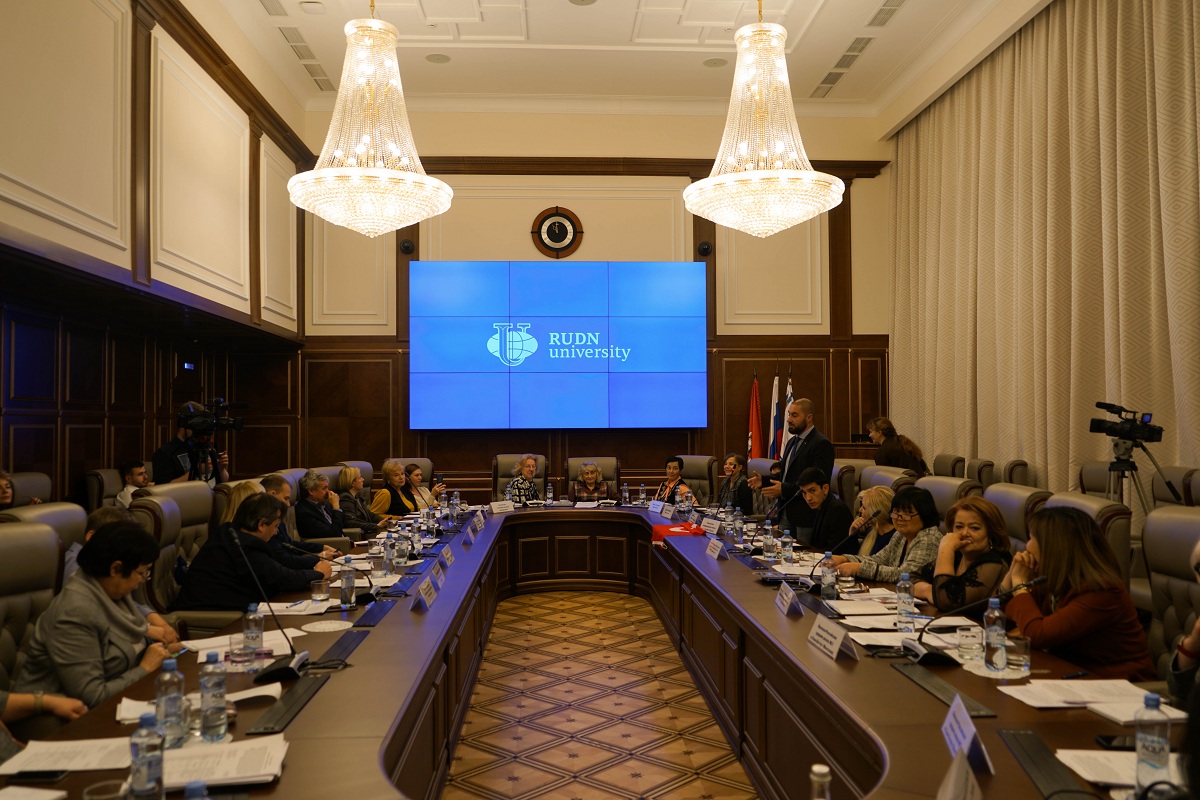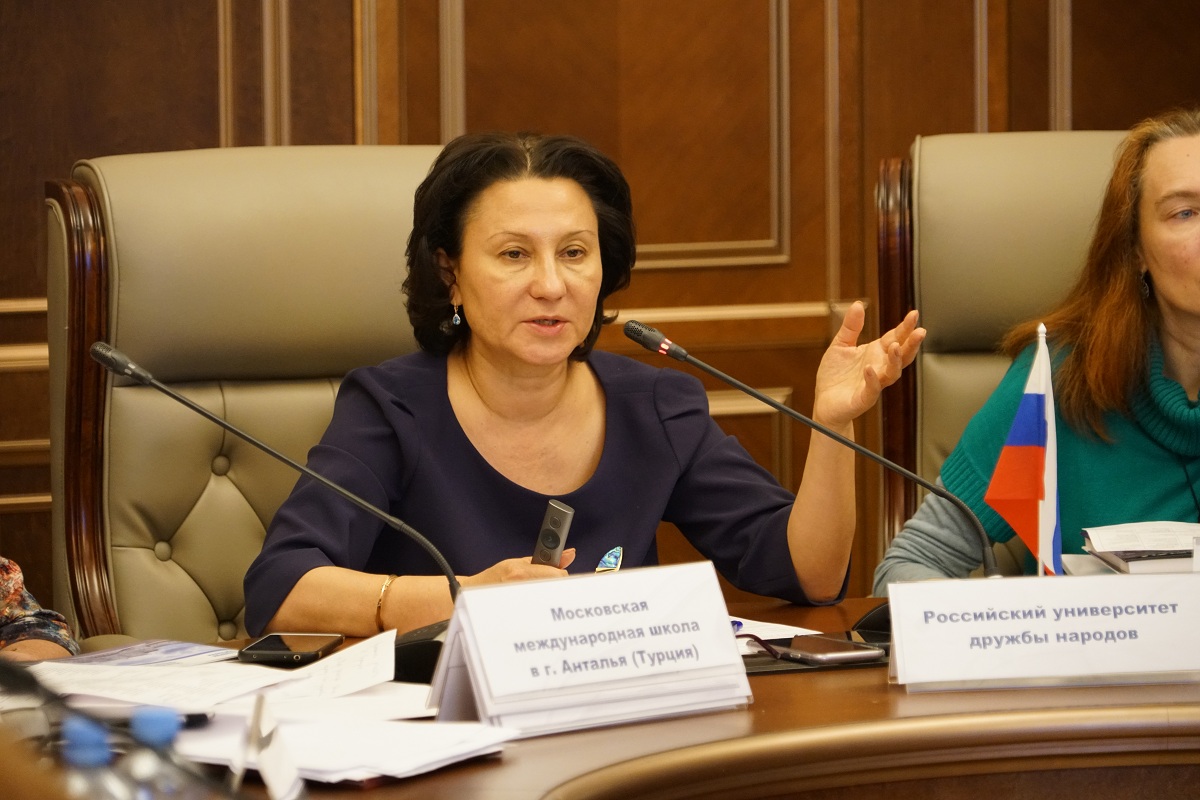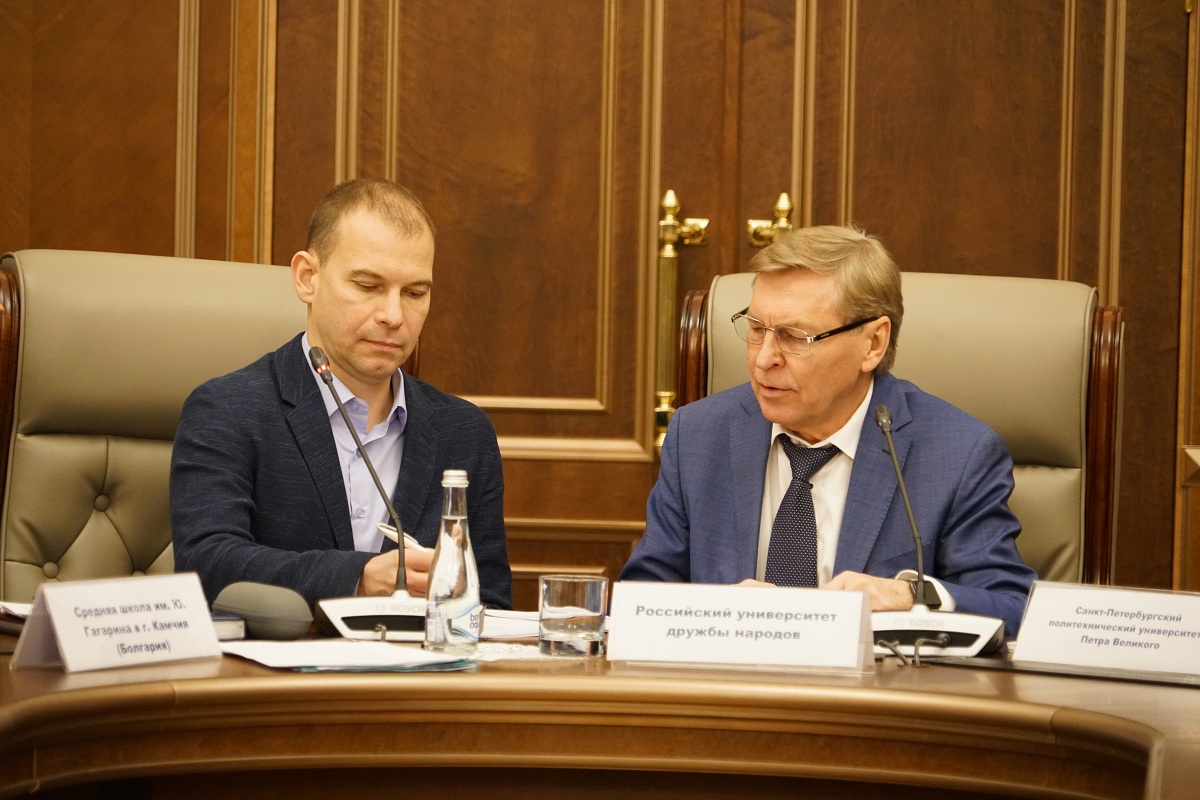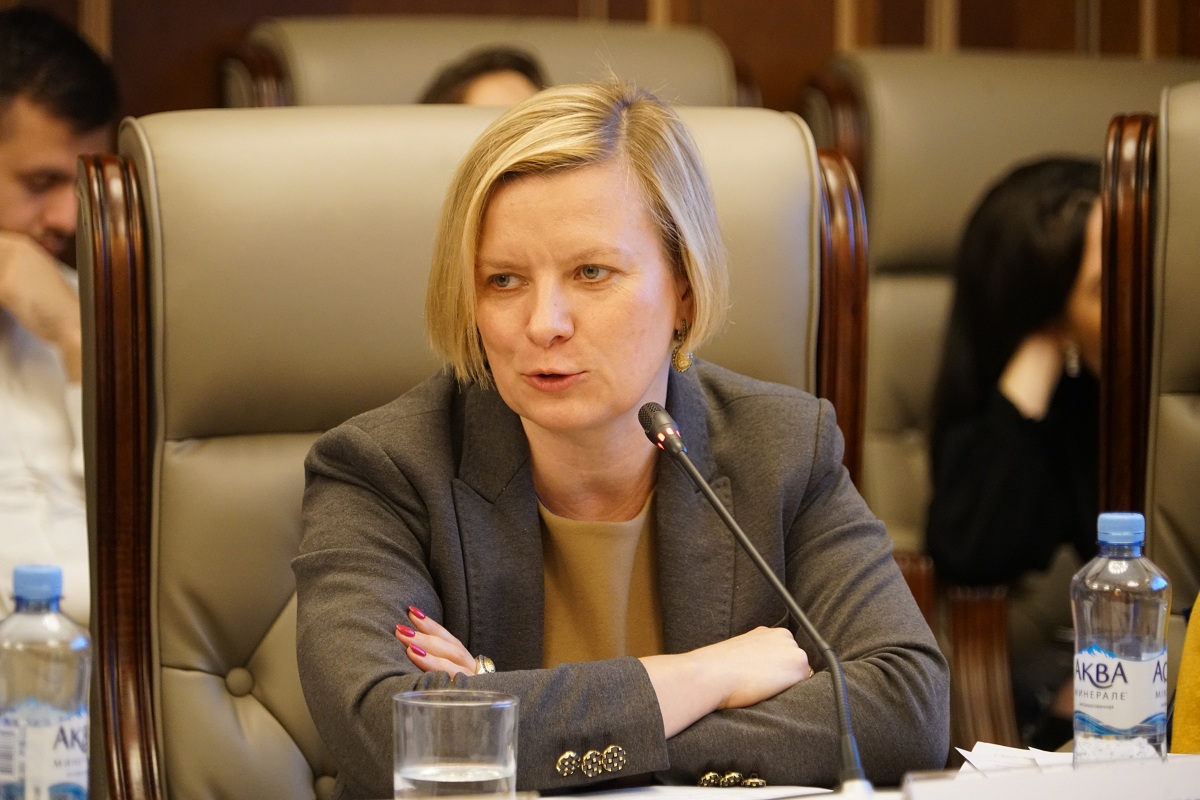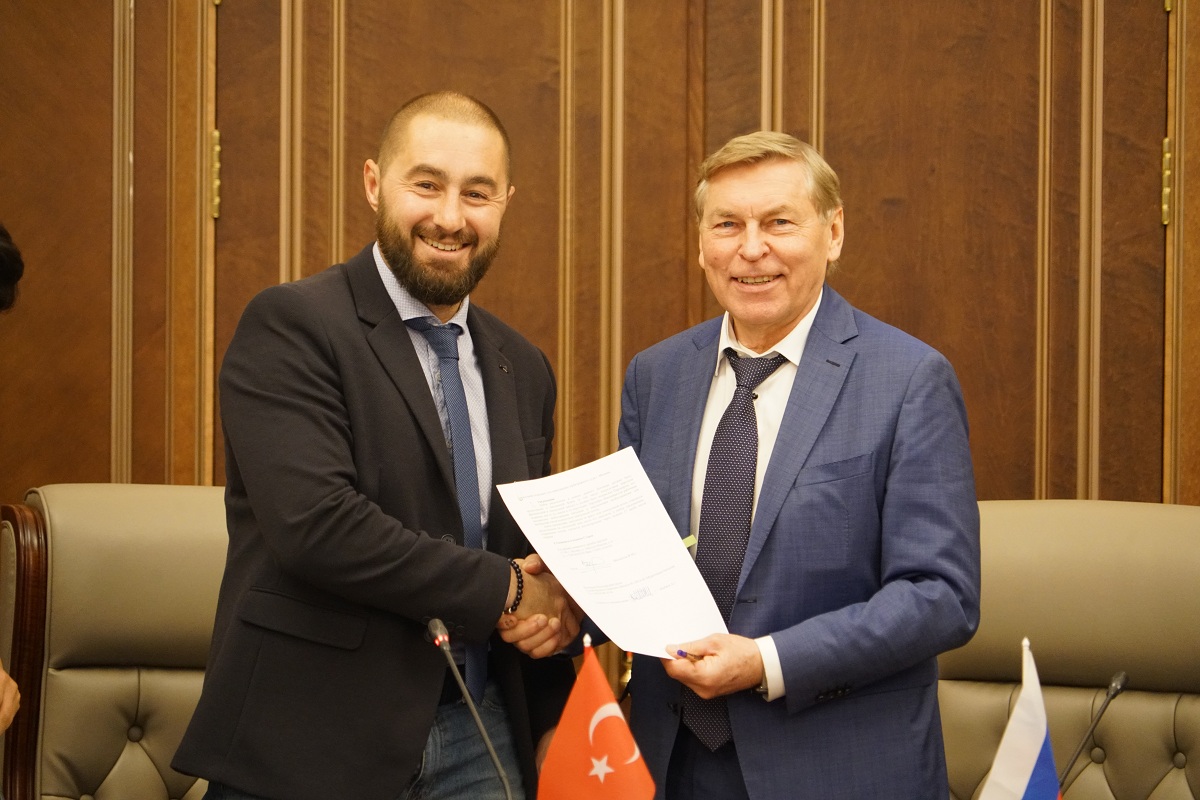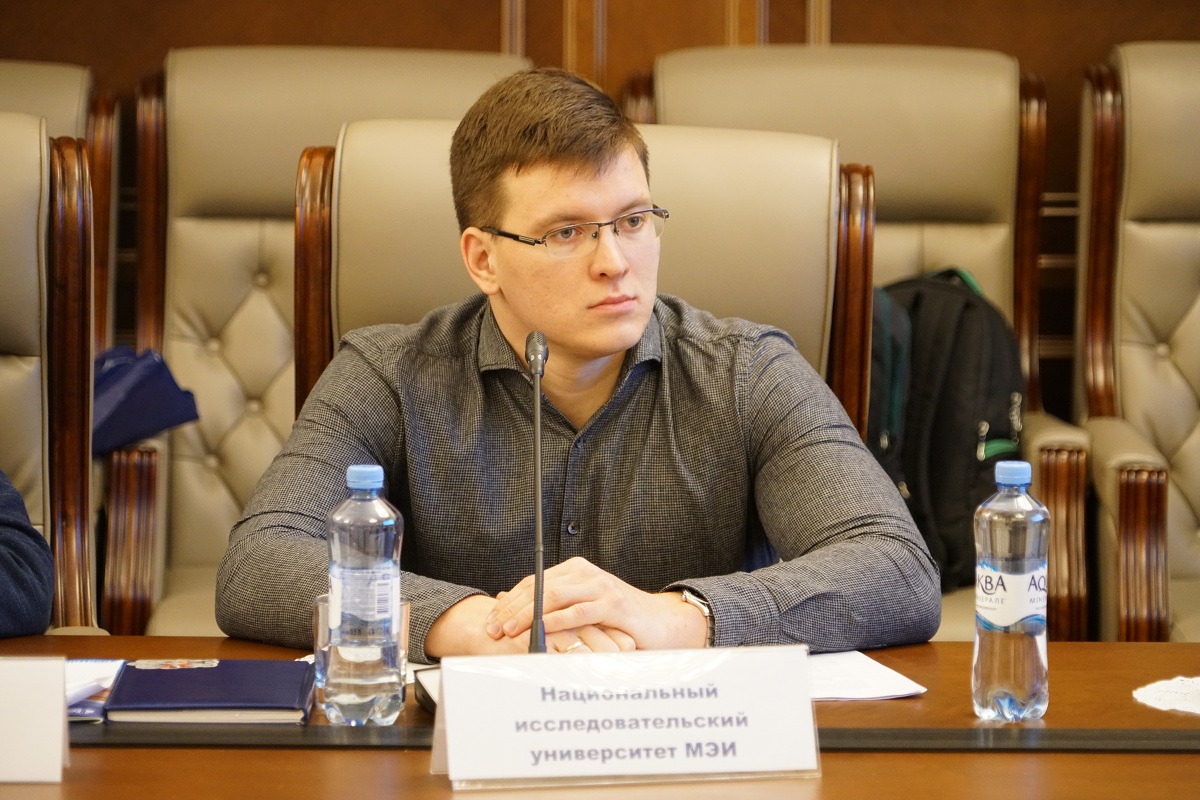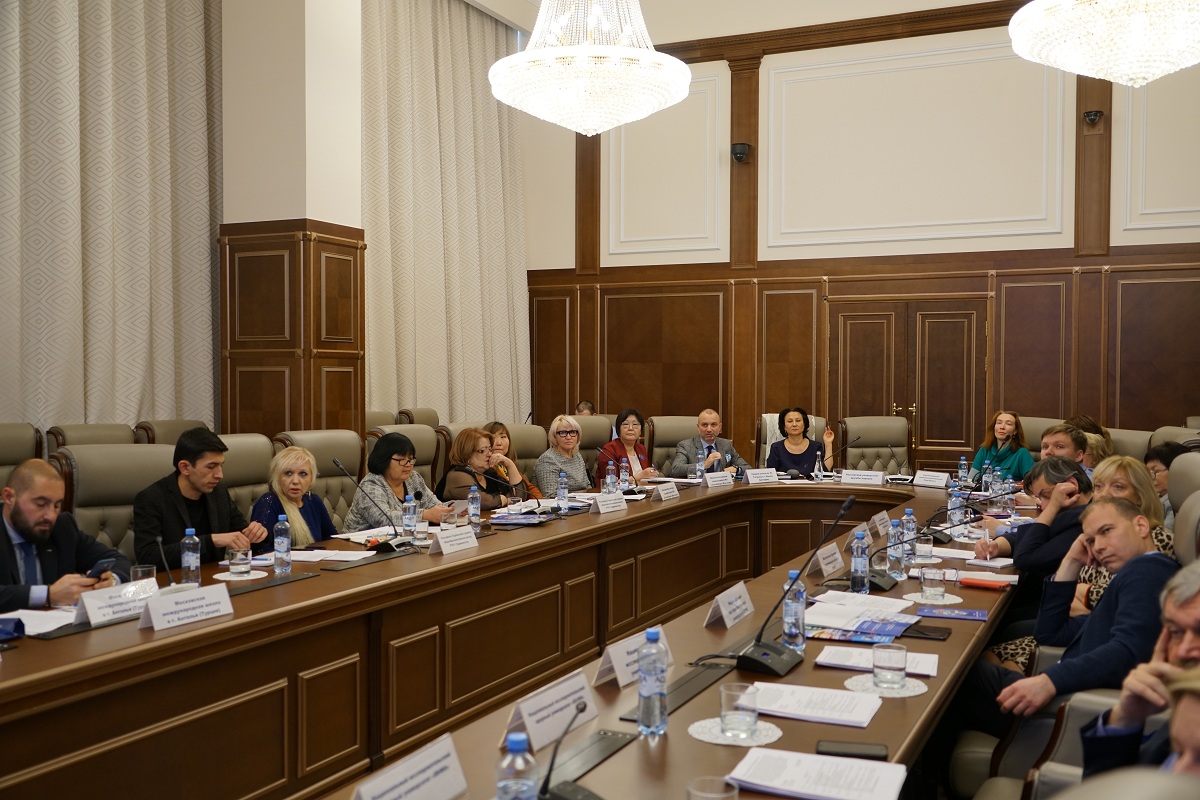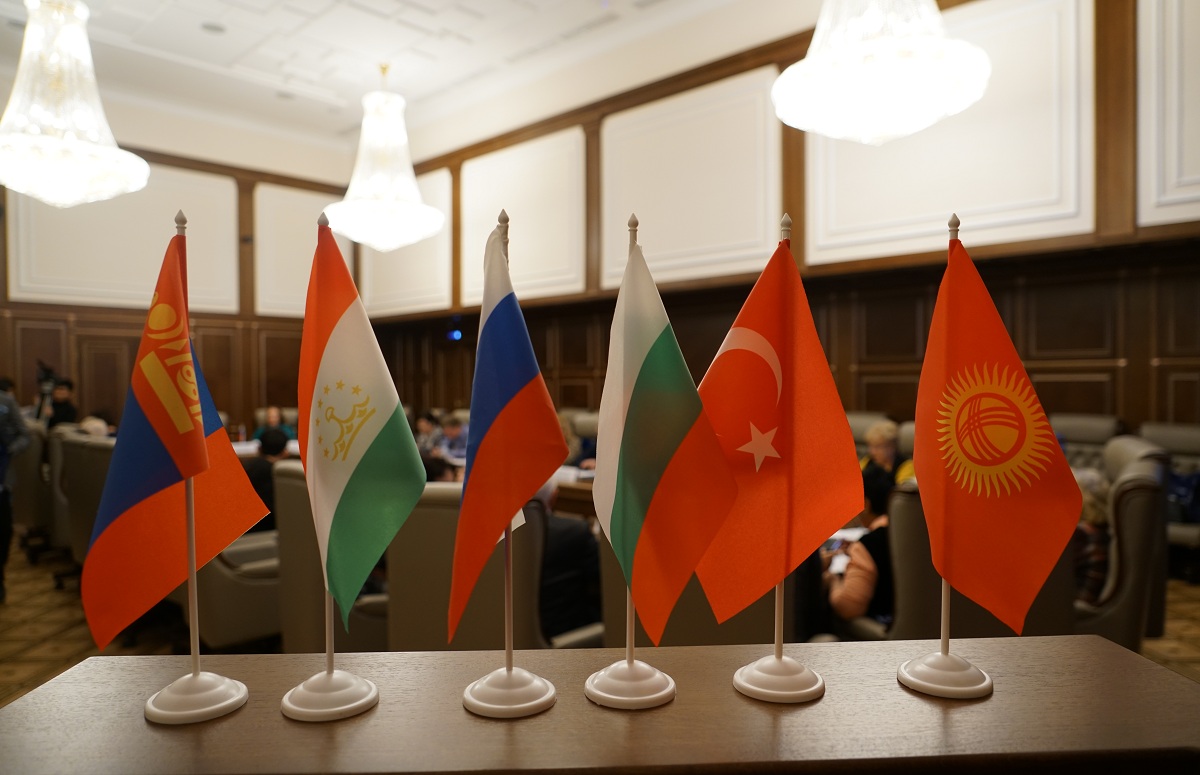Resource centers of Russian education to be created in 5 countries
Resource centers are a new format of pre-university training of applicants abroad. On the basis of partner schools, additional classes will be held in chemistry, physics, mathematics, biology, and the Russian language. Teachers of these schools will take special training courses. Educational-methodical complexes will be developed in 2 versions: basic (at the level of state standard of the Russian Federation) and advanced (for those planning to participate in Olympiads). At the same time, resource centers are planned in three modes, which can conditionally be called “full-time”, “blended learning” and “remote”. This approach will help draw the attention of foreign applicants to Russian higher education and identify gifted students to invite them to Russian universities.
“Now the Russian Federation provides 15,000 quota places for foreign applicants. At the same time, by 2024, every fifth student applying for the quota should be the winner of the Olympiads, and the total number of foreign students in Russia should increase by almost 2 times - up to 425,000 people. Resource centers is a project that will help synchronize curricula in foreign partner schools and identify talented children. This will increase both the number of foreign applicants to Russian universities and the average level of their knowledge. Now we are creating 5 centers in Bulgaria, Kyrgyzstan, Mongolia, Tajikistan and Turkey. We set goals to popularize the study of mathematics, biology, chemistry, physics in Russian. After 5 years, there will be 50 resource centers, ” said Larisa Efremova, Vice-Rector of RUDN University for International Activities.
To organize high-quality work in the resource centers of Russian education abroad, RUDN University proposed organizing a consortium of leading universities in Russia. It has already included 7 universities: Peoples' Friendship University of Russia (RUDN), MEPhI, St. Petersburg Polytechnic University named after Peter the Great, MPEI, Altai State University, MIPT and RANEPA. They began to create educational-methodical complexes for schoolchildren of partner countries. MIPT and MPEI prepare materials in physics, AltSU - in biology, SPbPU - in chemistry, and MEPhI - in mathematics. RUDN academics will develop both basic and advanced levels in Russian.
“MEPhI has prepared a teaching pack on mathematics for students in grades 9-11 of resource centers. We focused on the requirements of state standards, as well as on the requirements for the level of education of applicants in technical universities of the Russian Federation. Topics are also selected so that the student learns how to solve problems of increased difficulty and is able to adequately perform at subject Olympiads. We calculated the curriculum for 32 weeks in the format of blended learning - with full-time and distance learning,” said Tatyana Leonova, Vice-Rector for International Affairs, MEPhI.
“We have developed a training complex for the basic profile in physics. These materials are intended to align the knowledge of this subject among schoolchildren of partner countries in accordance with the state standard of Russia and with the expectation of MPEI from freshmen. We expect these classes to help identify talented foreign applicants. We have similar experience when working with school No. 1502 in Moscow - this is a school at the Moscow Power Engineering Institute,” said Alexander Tarasov, Vice-Rector for International Relations, MPEI.
MIPT is responsible for the in-depth study of physics in the consortium. Their training materials cover topics from electric and magnetic fields to elements of quantum physics.
“Altai State University is developing educational and methodological complexes for biology for resource centers. We plan that the basic profile is the level of the Russian exam. And the in-depth profile is more suitable for identifying creative research thinking, for preparing gifted children for Olympiads. AltSU sees in resource centers the potential for expanding the geography of its presence. For example, already this year, thanks to this project, we will begin cooperation with Bulgaria and Turkey,” said Elena Shapetko, Chairman of the exam panel on biology of the Altai Territory, associate professor of the Department of Zoology and Physiology of Altai State University.
“Since our graduates are most interested in Russian programs in international relations, dentistry and engineering, we are interested in cooperation in all 5 subjects. At the same time, it is important to develop a full-time format for resource centers so that Russian-speaking children in Turkey can communicate with experts from Russia in their native schools as much as possible,” said Alexander Babayev, External Relations Coordinator, Moscow International School in Antalya (Turkey).
“We are ready to become a resource educational center in Russia not only for students of our school, but also for Russian-speaking children throughout Bulgaria. Our infrastructure allows us to conduct additional classes, and continuing education courses for teachers, as well as Olympiads. Other full-time formats are also possible - summer schools and so-called SMART-shifts. We hope that this project will help to create new Russian language textbooks for children who speak the languages of the Slavic group,” said Nikolay Nedyalkov, director of the Kamchia school (Bulgaria).
The Gazprom-Kyrgyzstan School was created specifically for working with talented children, and we are ready to become a resource center, to be a conductor of the best experience of the Russian education system, and to open up the possibilities of leading Russian universities for other schools in Kyrgyzstan. We are ready to become the base for full-time forms of resource centers - including for conducting Olympiads. We have our own educational observatory, so it will be interesting to work in the areas of Physics, Mathematics in the context of astronomy,” said Stanislav Epifantsev, deputy director of the school “Gazprom-Kyrgyzstan” (Kyrgyzstan).
“We are very interested in the capabilities of the Resource Centers project, not only for schoolchildren, but also for teachers - strong teacher development programs are very important. For children, in-depth options in natural science subjects will be most in demand. We are ready to give our site and become a resource center for other schools in Tajikistan to host Russian Olympiads and the Unified State Exam,” said Svetlana Pirova, Director of the Russian-Tajik Secondary School at the Russian-Tajik Slavic University (Tajikistan).
“We have 80% of the teachers from Russia, so there will be no particular difficulties with the Russian language. About 30 of our graduates each year come to Russia through government quotas. Therefore, we are primarily interested in an in-depth study of mathematics, chemistry, physics and biology,” said Darima Dyshynova, Deputy Director of the Joint Mongolian-Russian School No. 3 in Ulan Bator (Mongolia).
RUDN University welcomed two delegations from Nicaragua and Serbia to discuss potential areas of collaboration.
Savitribai Phule Pune University became a participant of the Russian language courses thanks to the reliable support of the Russkiy Mir Foundation. Students and teachers of the university got a unique opportunity to study Russian language under the guidance of highly qualified teachers of RUDN and on the Digital Education Platform.
On 4th of April 2025, RUDN University hosted the 2-nd annual event on Swahili.
